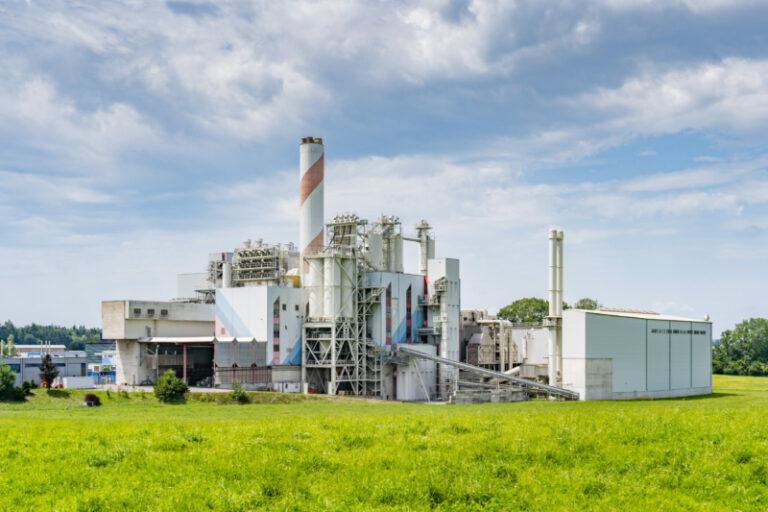In Short : A green parliamentary group is advocating for carbon capture technologies to address Germany’s unavoidable industrial emissions. This initiative reflects a strategy to mitigate the environmental impact of crucial industries by capturing and managing their carbon emissions, aligning with sustainable and climate-conscious practices.
In Detail : Germany’s Green Party lawmakers in federal parliament (Bundestag) want the country to use carbon capture and storage (CCS) or capture and use (CCU) in sectors where – with today’s state of technology – emissions are unavoidable, such as cement production. “In these areas, we want to make it possible to capture CO2 directly during the production process, store it in a safe and stable form and, if necessary, use it in closed carbon cycles,” they said in a parliamentary group resolution. While avoiding emissions outright remains the highest priority, it is now time to start setting the right framework and define necessary infrastructure in coordination with other countries at EU level. New rules should define the areas of application for carbon capture, utilisation or storage (CCUS), which should be adapted when necessary, and the Greens say the energy industry should not be part of this. They say only renewable energy should be used to capture and store CO2 and that involved companies should receive some state support for carbon capture installations. However, they should receive no support for CCS to produce hydrogen from natural gas and then store the remaining CO2 (blue hydrogen) or for transporting, using or storing carbon.
Years of protests against industry plans to use CCS as a lifeline for coal power made the technology a no-go issue for German politicians. Yet, Germany’s goal of climate neutrality by 2045 reopened debate on the issue of combatting CO2 emissions that are difficult to avoid, for example in cement production. Parties, including the Greens, are realigning their official stance. Both the German government and the European Commission are currently working on so-called carbon management strategies, to be presented early next year.

